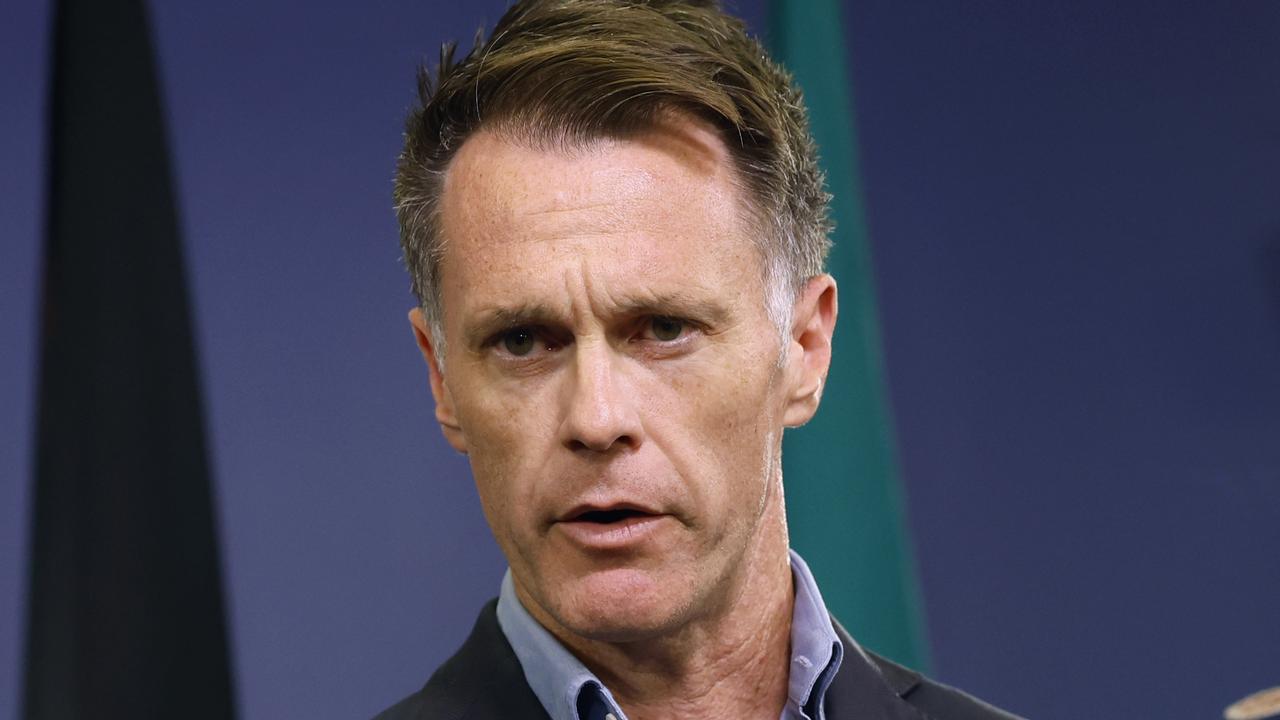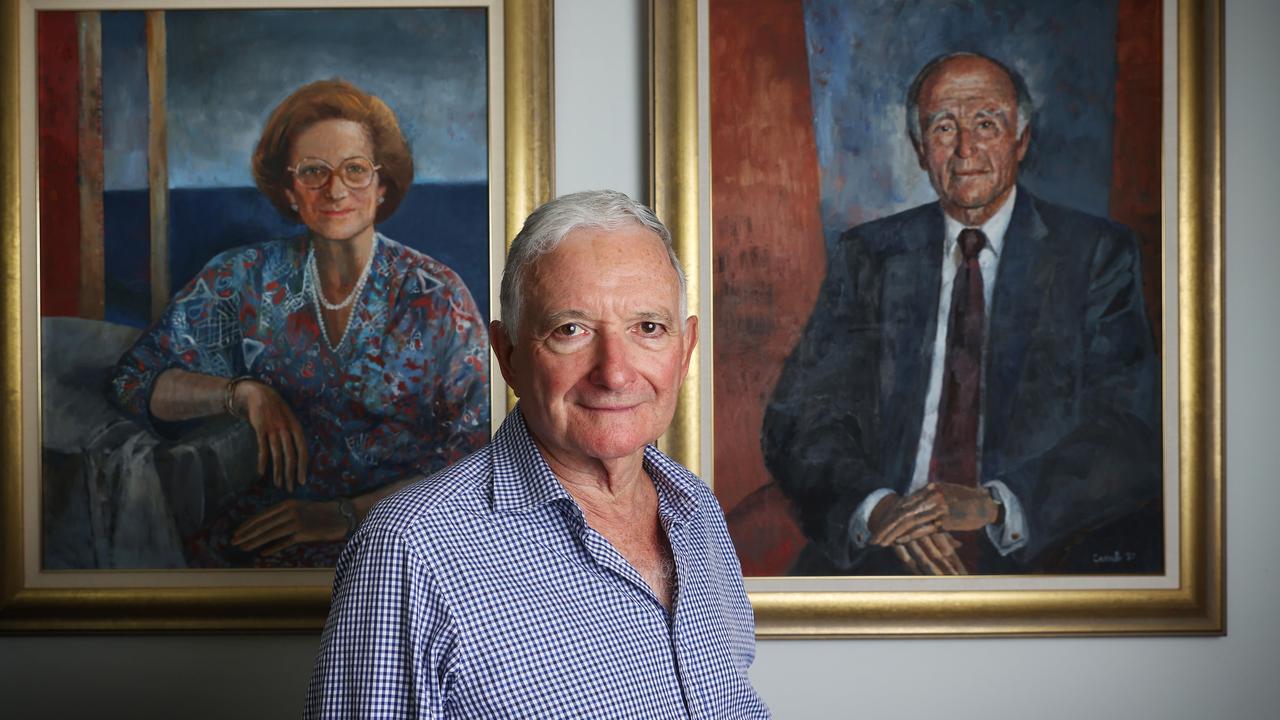‘Conservative’ path to preserve society, says Angus Taylor
Angus Taylor tells London think-tank that holding ‘conservative values’ are important in his portfolio as a counterpoint to left-wing views on climate.

Energy Minister Angus Taylor has told a London think-tank that holding “conservative values’’ are particularly important in his portfolio as a counterpoint to the left-wing views that have traditionally dominated the climate debate.
Mr Taylor attacked the left’s approach to climate change – which he described as demanding revolution not evolution – in a speech to the Policy Exchange in London. He also said Australia and other large developing economies like India, Indonesia and Vietnam were important in finding a regional response. “China alone now accounts for more emissions than the entire OECD,’’ he said.
“Unless we can decarbonise our steel and aluminium supply chains, heavy industry, cement and agriculture, we’ll fail to achieve the Paris goals, let alone limit warming to 1.5 degrees.”
Mr Taylor said the left’s supporters called for a short, sharp shock, often disguised in Orwellian newspeak as “a transition” – when that is anything but what is envisaged.
“It’s an approach that relies on redistribution, taking from one to give to another through ever greater taxation until all that is left is the hollow shell of a once vibrant, thriving society. In its place, is a monolithic modern state,” the minister said.
He added: “While this may work in some other countries, for Australia that approach would mean sacrificing industries, jobs and regions. That is not acceptable to us as a government, nor would it be acceptable to the communities we have been elected to represent. And nor is it palatable to large developing economies in our region.”
Mr Taylor, who has spent the past week at the COP26 summit in Glasgow, espoused a cautious approach to managing the changing energy mix and reducing carbon emissions.
“An approach that recognises that bringing down emissions, without imposing an unfair economic burden on those who can least afford it, is the right way to go,” he said, adding that the right approach didn’t needlessly destroy jobs in traditional industries, nor did it deny a prosperous, secure and happy life to people around the world, particularly those in developing countries.
He explained that Australia had specialised in producing energy- and emissions-intensive commodities, especially in the resource and agricultural sectors, which are much more ethically challenging to decarbonise. He said because of this. the consequences of getting energy policy wrong was more “dramatic” for Australians’ lives and livelihoods.
Mr Taylor called for an approach consistent with the values espoused by centre-right governments in Australia and the UK, and indeed around the world.
“It means reducing emissions, not reducing jobs, industries or customer choice,” he said. “Because while we know the world wants action on climate change, they don’t want their lights or heating to go off, or their livelihoods put at risk.”
He said that the people who would solve the energy problem would be entrepreneurs and innovators, not the activists, bureaucrats and politicians at COP26 – or the 25 climate conferences that preceded it.



